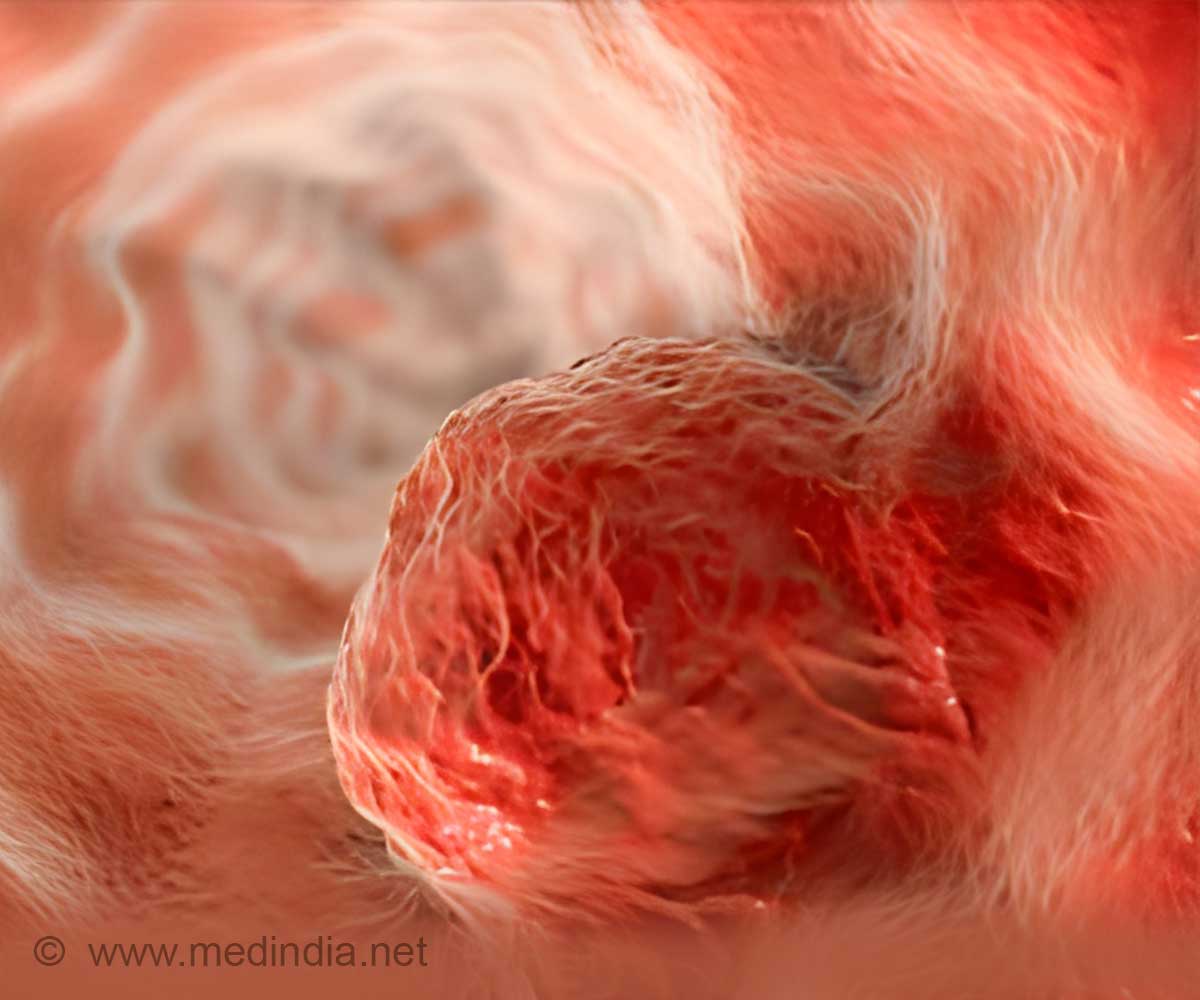Introducing a novel approach to enhance checkpoint inhibitor therapy for cancer, promising improved treatment outcomes and efficacy in clinical settings.

JAK inhibition enhances checkpoint blockade immunotherapy in patients with Hodgkin lymphoma
Go to source). A Scripps Research team discovered that combining ruxolitinib, an immunosuppressive drug, with checkpoint inhibitors enhances T-cell responses, boosting their efficacy against cancer. Published in Science, these findings were validated in a phase I clinical trial for Hodgkin lymphoma patients and in preclinical studies.
‘#Myeloid cells, originating from the #bonemarrow, constitute crucial components of the body's immune defense against #infections. #cancer’





“There’s a lot of activity in developing the next generation of immunotherapies, and we’re looking beyond therapeutics that target T cells directly,” says co-senior author John Teijaro, PhD, a professor in the Department of Immunology and Microbiology at Scripps Research. Enhancing T-Cell Response with JAK Inhibitors in Checkpoint Immunotherapy
T cells are produced by the immune system to fight off infections, as well as cancer. Patients often stop responding to checkpoint immunotherapy when their T cells begin to wane. This phenomenon, called T-cell exhaustion, happens as T cells become chronically exposed to cancer cells. But based on the results of previous work, Teijaro and his research team wondered whether a JAK inhibitor—like ruxolitinib—could increase T-cell production, while also improving checkpoint inhibitors and their “brake release” effects.JAK enzymes are important parts of the JAK/signal transducer and activator of transcription (STAT) pathway—a chain of interactions between cells and proteins that are essential for immune cell development. Dysregulation of the pathway is associated with both inflammation and cancer. JAK inhibitors restrict signals believed to cause inflammation, resulting in the immune system “calming down.”
“A lot of this started about 11 years ago, when we originally found that blocking a cytokine that signals through the JAK/STAT pathway, type 1 interferon, can promote immune responses and hasten virus clearance,” says Teijaro. Although JAK inhibitors are typically used to treat inflammatory diseases, there’s a known genetic link between JAK mutations and cancer, he adds.
To determine which existing JAK inhibitors could restore the function of exhausted T cells, Teijaro and his team turned to ReFRAME, a drug repurposing library built by Calibr-Skaggs, the drug discovery and development arm of Scripps Research. ReFRAME permits researchers to rapidly sort through thousands of existing FDA-approved drugs and determine if they could treat any other major illnesses. Using ReFRAME, the researchers identified ruxolitinib as a contender.
Advertisement
With this preclinical data in hand, the team partnered with Veronika Bachanova, MD, PhD, at the University of Minnesota who had initiated a phase I clinical trial of 19 patients with Hodgkin lymphoma who failed to respond to checkpoint inhibitors or relapsed following an initial response.
Advertisement
But two years after starting a treatment regimen that combined ruxolitinib with the checkpoint inhibitor nivolumab—a current standard of care—87% of patients were still alive, and 46% stopped exhibiting signs of cancer progression altogether.
“Anecdotally, we know for sure that at least one patient had a very good response that lasted beyond the two years of the clinical trial," says Zak. “Unlike chemotherapy, this treatment didn't just slow down the disease but actually reversed it.”
But cancer cells often hijack myeloid cells, which leads to tumor growth and metastasis. A high number of myeloid suppressor cells—which are found in many types of tumors and cause weak responses to immune checkpoint inhibitors—as well as a high ratio of neutrophil-to-lymphocyte cells are tied to poor prognosis of several cancers, including Hodgkin lymphoma. But using the ruxolitinib combination therapy resulted in a reduction of both indicators, while also promoting functional T cells.
“We’re now enlisting myeloid cells as helpers for immunotherapy, as it seems that in order for T cells to increase in number and functionality, ruxolitinib needs to modulate the myeloid cells,” explains Teijaro.
These findings, however, were unexpected. For one, past research showed that ruxolitinib didn’t work on its own to treat cancer.
“Ruxolitinib is actually an immunosuppressive drug that’s clinically approved for chronic graft-versus-host disease, so the fact that we saw immune-enhancing effects in patients treated with this drug using combination therapy was definitely surprising,” continues Zak. “This suggests that some drugs can actually have immune-enhancing effects, even if their primary indication is to relieve inflammatory disease pathology.”
Building on their success, the researchers plan to examine whether other JAK inhibitors are even more effective than ruxolitinib at treating cancer. They’re also designing clinical trials to test the efficacy of ruxolitinib combined with checkpoint inhibitors in other forms of cancer, including those with solid tumors.
“It's very rare to have supporting evidence with preclinical data and a clinical trial in one paper,” says Teijaro. “I've been doing this for decades, and I've never had that happen in my career.” He continues, “our results are particularly exciting because we are already seeing patients benefit from the combination and we believe this could be applied to several immunotherapy resistant cancers.”
Reference:
- JAK inhibition enhances checkpoint blockade immunotherapy in patients with Hodgkin lymphoma - (https://www.science.org/doi/10.1126/science.ade8520)
Source-Eurekalert














